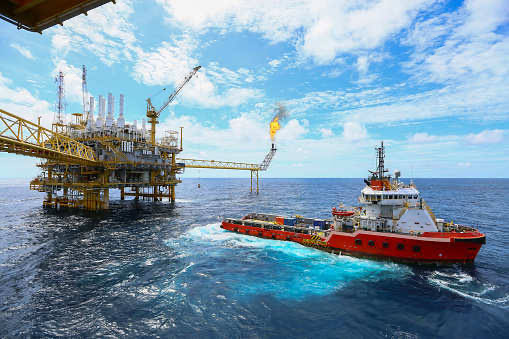KEY POINTS
- Indigenous oil companies such as SEPLAT and First E&P are stepping into Nigeria’s deepwater sector, challenging IOC dominance.
- The country relies on just six aging FPSO units for 80% of deepwater production, posing growing operational risks.
- Analysts warn Nigeria must liberalize policies and attract FDI to keep pace with rival offshore producers.
Global energy giants have long controlled Nigeria’s deepwater oil and gas fields, but a quiet but significant power shift is now taking place.
The era of uncontested international oil company, IOC, dominance may be coming to an end as a new generation of domestic businesses, led by SEPLAT Energy Plc and First E&P, are aggressively vying for a larger share of production.
Deepwater drilling’s high capital needs, intricate supply chains, and complicated engineering kept local operators firmly onshore for decades. However, because Nigeria’s energy future depends on its offshore fields and international majors are reducing their upstream investments to meet climate targets, local companies are filling the void.
Time is of the essence. Approximately 40% of Nigeria’s daily oil and gas production currently comes from deepwater operations. However, only six FPSO units—aging, multibillion-dollar assets whose dependability is becoming more and more doubtful—are responsible for 80% of that deepwater output.
Aging Infrastructure Threatens a Fragile Advantage
The sector’s reliance on older FPSOs is a ticking time bomb, according to industry analysts. According to an oil consultant based in Lagos, “any major outage could pull hundreds of thousands of barrels per day out of the market overnight,” with “severe and immediate” potential economic consequences. Nigeria’s export revenue is still primarily derived from oil, so the effects would be felt well beyond the oil patch.
The same conundrum that has long characterised Nigeria’s deepwater challenge—how to obtain funding for multibillion-dollar projects while lowering the nation’s reliance on foreign-owned rigs, platforms, and subsea equipment—must be resolved by domestic companies in order to compete at scale. To increase domestic supply chain capacity and draw in foreign direct investment, some operators are looking into creative funding arrangements.
Without immediate policy changes, such as accelerated permitting procedures or financial incentives for deepwater projects, Nigeria runs the risk of falling behind rival producers like Brazil, Guyana, and Angola, all of whom are rapidly increasing their capacity. The IOCs are currently in the lead. However, the balance of power in one of Africa’s most profitable oil frontiers could drastically change if the local challengers can get past the infrastructure and funding obstacles.



